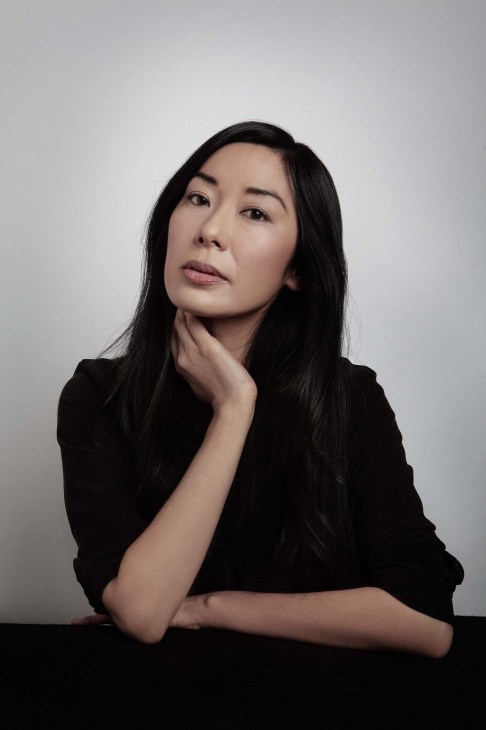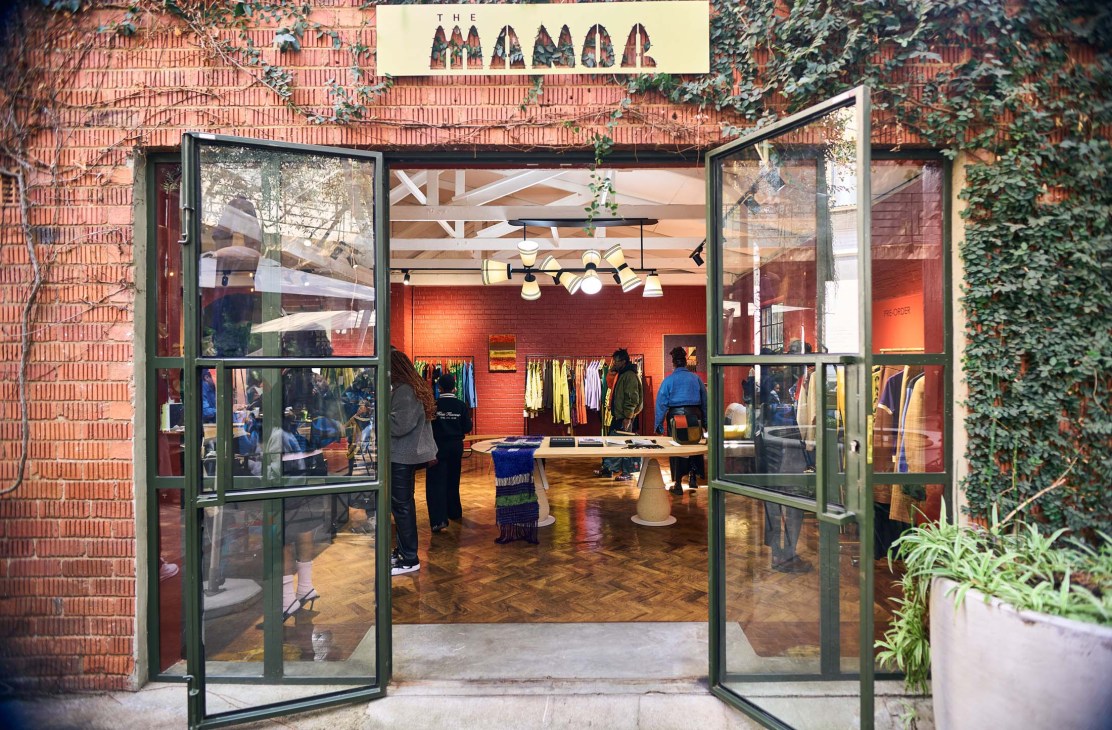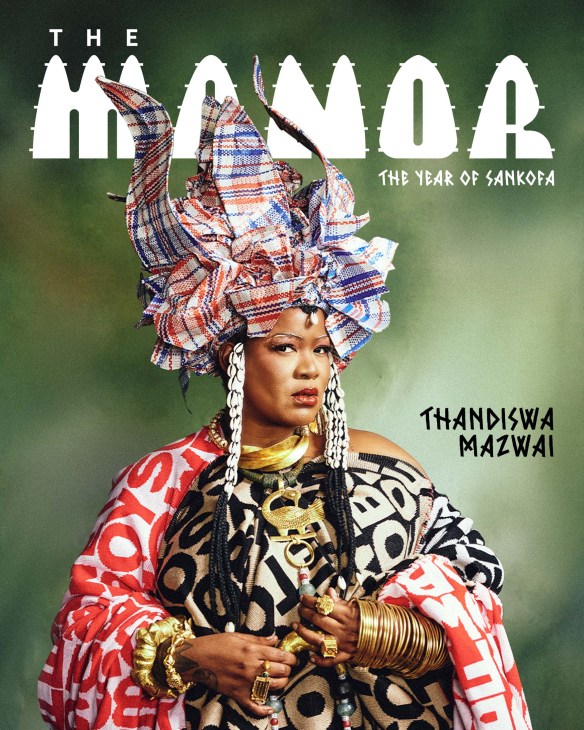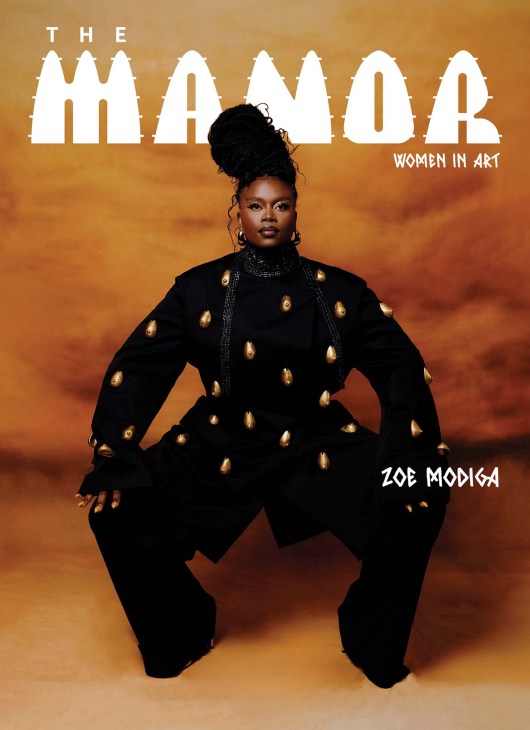Cultural agenda: Johannesburg photography, media impartiality and author Katie Kitamura
First up, Sérgio Dávila on the importance of keeping a newspaper full of surprises.
The week that I began to think about this column, Jeff Bezos announced that the opinion section of The Washington Post, which he owns through a holding company, would start focusing on articles about “personal liberties and free markets”. Pieces opposing those views, he suggested, would not be published.
That’s a bad idea. A key part of my job as the editor in chief of Folha de São Paulo, Brazil’s largest and most influential news outlet, is to ensure that articles opposing the paper’s views see the light of day. Our columnists, for example, are a team of about 200 writers whose political views span a broad spectrum.
The role of newspapers such as Folha or The Washington Post is not to imitate the echo chambers of the big social-media platforms but rather to present a smorgasbord of ideas – think of it as wandering through the public square of professional journalism. Reasserting a narrow set of beliefs over and over can dull critical thinking and, in the worst cases, lead to radicalisation. My predecessor used to say half-jokingly that Folha shouldn’t be “a newspaper for cardiac patients”, meaning that we should surprise our readers at least a couple of times per edition, taking them out of their comfort zone. That’s what we strive to do every day through nonpartisan, pluralistic journalism.
As well as giving voice to all perspectives, we cover those in power with the same critical rigour whether they are from the right, centre or left. “Pau que bate em Chico bate em Francisco,” as the old Portuguese saying goes. That roughly translates as, “What’s good for the goose is good for the gander.” The slogan of The Washington Post is “Democracy dies in darkness” – but it can also die in the unison of thought.
Dávila is the editor in chief of ‘Folha de São Paulo’, a 104-year-old Brazilian newspaper with more than 900,000 subscribers.
Q&A
Katie Kitamura
Author
New York-based novelist, journalist and critic Katie Kitamura was longlisted for the National Book Award and the Pen/Faulkner Award for her 2021 novel, Intimacies. Kitamura’s fifth book, Audition, tells the story of an actress who meets a compelling yet troubling young man. Here, Kitamura discusses her favourite writers and moral ambiguity in fiction.

The protagonist of ‘Audition’ is an actress. What drew you to this profession?
I have always been interested in performance. She is someone who plays many roles in her life. That’s something that all of us can relate to.
Your books often explore moral and narrative ambiguity. Why?
I am very rarely drawn to stories in which things are cut and dried. I like books that are open to interpretation. In a lot of ways, the work of a novel is to make the reader a little uncomfortable. I wouldn’t want to write a book that I felt was cosy.
Who are some of your favourite writers?
I love Marguerite Duras and Javier Marías, a Spanish writer who sets up situations with impossible ethical questions and makes the reader live in those spaces. Kenzaburo Oe is also important to me.
‘Audition’ is published by Riverhead Books.
In the picture
Photography
Johannesburg
While many publishers are looking for ways to scale back their operations, Trevor Stuurman, the Johannesburg-based founder and creative director of photography platform The Manor (and editor in chief of its magazine), is doubling down. Last year he expanded the brand by launching a new gallery; in February, The Manor was a media partner of the Investec Cape Town Art Fair, Africa’s biggest art event.

“Africa is rich in stories and talent but there sadly aren’t enough platforms and spaces to showcase and archive them,” Stuurman tells Monocle. That’s where his gallery comes in. Visitors can stop by the permanent space to pick up a copy of his magazine, which highlights local talent such as singer Thandiswa Mazwai and actress Zoë Modiga.


The gallery has shown pieces by creatives from across the continent, including artist Jakinda Mshindi Boya and photographer Lebogang Tlhako. “We have built a beautiful ecosystem here that promotes creativity, content and community,” says Stuurman. “Ultimately we would love to see The Manor as a long-lasting cultural institution and museum of art.”
themanor.africa


